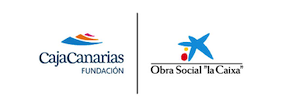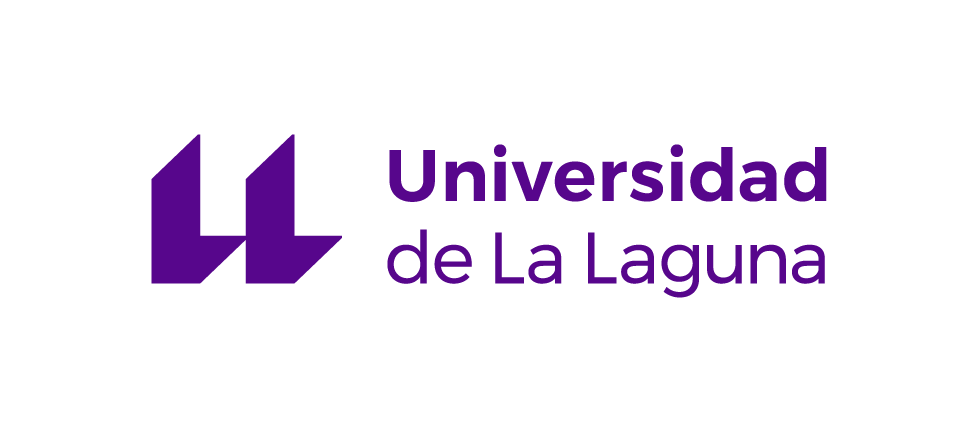Call for Papers
Workshop on Quantum-Resistant Cryptography (QuRCry)
Madrid, Spain. May 4, 2025
As the field of quantum computing continues to advance, the cryptographic community faces an urgent need to address the vulnerabilities of existing cryptographic systems to potential quantum attacks by proposing and studying Quantum-Resistant Cryptography schemes. Ongoing standardization efforts by organizations such as NIST, initiatives by government entities worldwide promoting Quantum-Resistant Cryptography, and recent research calls in this area highlight the importance of advancing in the research of this new paradigm.
This interdisciplinary workshop focuses on the critical and timely topic of Quantum-Resistant Cryptography, aiming to bring together researchers, practitioners and policymakers to discuss advances, challenges and strategies in the design, theoretical analysis and practical implementation of cryptographic systems resilient to quantum adversaries. Thus, this workshop serves as a platform to exchange knowledge on Quantum Cryptography, Post-Quantum Cryptography and Pre-Quantum Cryptography resistant to quantum computing
TOPICS OF INTEREST
The topics of the workshop encompass all aspects concerning both Quantum Cryptography and Post-Quantum Cryptography, including but not limited to:
• Hash-Based Cryptography
• Hybrid Quantum-Resistant Cryptography
• Lattice-Based Cryptography
• Migration to Post-Quantum Cryptography (PQC)
• PQC Standardization
• Pre-Quantum Cryptography resistant to quantum adversaries
• Quantum Cryptographic Protocols
• Quantum Internet
• Quantum Key Distribution (QKD)
• Quantum Machine Learning Applications in Cryptography
• Quantum Random Number Generators (QRNG)
• Quantum-Resistant Pseudorandom Number Generators
• Secure Quantum Computing
SUBMISSION GUIDELINES
Authors are invited to submit extended abstracts using the
EasyChair submission system. All submitted abstracts must adhere to the original LNCS format, with a page limit of up to 2 pages (excluding references).
Submitted abstracts for contributed talks will be reviewed by the workshop organizers for their suitability and relevance to the QuRCry audience. Since this workshop does not publish formal proceedings, authors may submit works already submitted or recently published in other venues, as well as works in progress intended for future submission elsewhere.
At least one author of each accepted submission is required to register for the workshop.
After the event, selected authors of the best accepted contributed talks whose work has not been published or submitted to another venue will be invited to submit a full version to a special issue of the Workshop in an impact journal.
These invited papers should present original, unpublished work, relevant to the topics of the special issue. All papers submitted to the special issue will be evaluated on the basis of relevance, significance of contribution, technical quality, scholarship, and quality of presentation, by at least two independent reviewers. No submission, or substantially overlapping submission, should be published or under review at another journal or conference at any time during the review process of the special issue. Further instructions about submission of full papers will be given after the conference, together with the invitation to submit.
IMPORTANT DATES
• Abstract submission deadline: February 20, 2025.
• Notification to authors: March 17, 2025.
• Workshop date: May 4, 2025.
WORKSHOP PROGRAM COMMITTEE
• An Braeken (Vrije Universiteit Brussel, Belgium)
• Angela Robinson (NIST, USA)
• Bart Preneel (KU Leuven, Belgium)
• Christopher Codella (IBM, USA)
• Elías F. Combarro (University of Oviedo, Spain)
• Giuseppe Vallone (University of Padova, Italy)
• Joaquin Garcia-Alfaro (Télécom SudParis, France)
• Liqun Chen (University of Surrey, UK)
• Ludovic Perret (Ecole d'Ingénieurs en Informatique, France)
• Marc Manzano (SandboxAQ, Spain)
• Mike Burmester (Florida State University, USA)
• Moti Yung (Google, USA)
• Sofia Celi (Brave, Portugal)
• Vincent Rijmen (KU Leuven, Belgium)
WORKSHOP ORGANIZERS
• Pino Caballero-Gil (University of la Laguna, Spain) pcaballe@ull.edu.es
• Jintai Ding (University of Cincinnati, USA) dingji@ucmail.uc.edu
• Paco Martin-Fernández (IBM Research, USA) paco@ibm.com
SPONSORS:
• Cybersecurity Chair ULL-INCIBE funded by the Recovery, Transformation and Resilience Plan financed by the EU (Next Generation EU)
• Research project PID2022-138933OB-I00 funded by MCIN/AEI/10.13039/501100011033/ FEDER EU
• Research project 2023DIG28 funded by CajaCanarias and Fundación la Caixa
• Research project SCITALA C064/23 funded by the Recovery, Transformation and Resilience Plan financed by the EU (Next Generation EU)
• Cybersecurity Chair ULL-Binter




